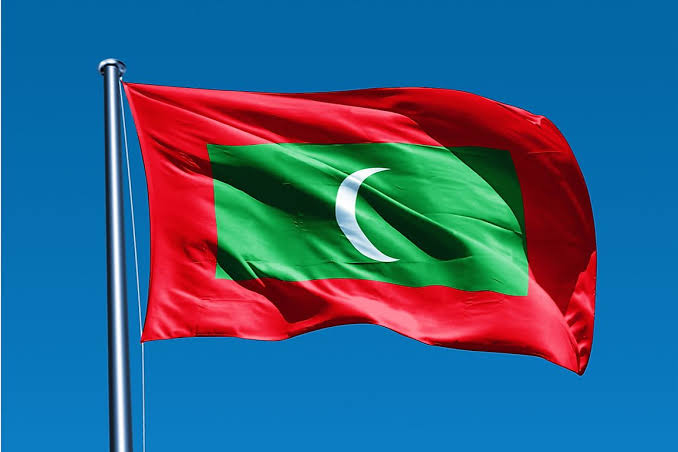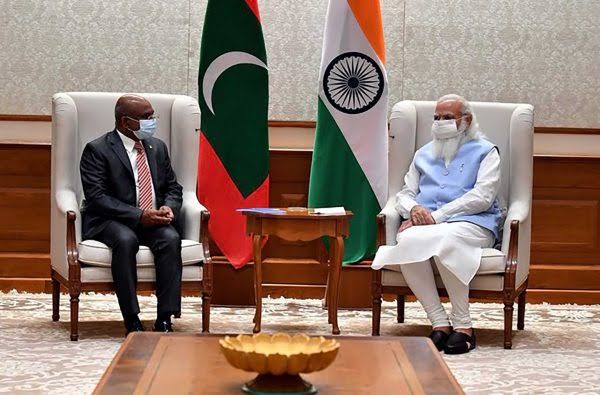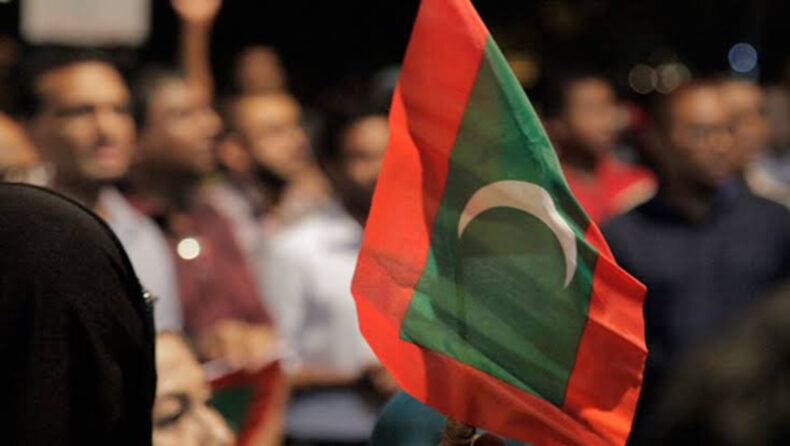The Maldives, an enchanting archipelago known for its sun-kissed atolls and luxurious tourist resorts, is poised at a crossroads. A presidential election, scheduled for Saturday, has the potential to reshape the balance of power between two Asian giants, China and India, in the tiny Indian Ocean island chain.
Table of Contents
Geopolitical Influence and Infrastructure Investment in Maldives
Home to approximately 521,000 people, the Maldives has become an arena for a high-stakes competition between China and India. Both nations have poured millions of dollars into infrastructure projects within the islands as they aim to expand their influence and gain the goodwill of the Maldivian people.
At the forefront of this election is President Ibrahim Mohamed Solih, who has consistently championed close ties with India through his “India-first” policy. Recent polls indicate that he is slightly ahead in the race.
President Solih’s main rival, Mohamed Muizzu, is backed by a coalition with a history of close ties to China. Their campaign has prominently featured an “India out” initiative, pledging to remove a small Indian military presence consisting of surveillance aircraft and around 75 personnel from the Maldives.
Voter Perspective and Domestic Concerns
Surprisingly, for many of the 280,000 eligible voters in the Maldives, the India-China rivalry may not be the foremost concern when casting their ballots. Ahmed Shaheed, former foreign minister and human rights advocate, suggests that domestically, voters are more focused on pressing issues such as managing the country’s significant debt burden.
As of the end of 2022, the national debt stood at a staggering 113% of the Maldives’ gross domestic product, which amounts to $6.1 billion. Rather than centering on international rivalries, this election appears to revolve around competing promises of economic relief and handouts.
Election Dynamics

A recent poll conducted by the Baani Center think tank revealed that 21% of respondents favored President Solih, while 14% supported Muizzu. However, a substantial 53% of Maldivians remained undecided, indicating a significant degree of uncertainty.
President Solih secured a landslide victory in 2018 as a joint opposition candidate. However, in 2021, Muizzu, representing a coalition of the Progressive Party and the People’s National Congress, achieved a surprise win in the vote for the mayor of the capital, Male, previously considered a stronghold of Solih’s Maldivian Democratic Party.
Geopolitical Implications
India has cultivated longstanding cultural, financial, and security ties with the Maldives. These connections have shaped its position in the region over time.
In recent years, China has strategically invested in infrastructure projects in the Maldives as part of its Belt and Road vision for transport and energy networks. This has solidified its presence in the region.
President Solih lauds India as the “first responder in times of crises” and a staunch supporter in times of prosperity. Conversely, Muizzu’s party expresses concerns over India’s overwhelming influence, alleging threats to the Maldives’ sovereignty and suggesting India aims to establish a permanent military presence.
India, however, denies such claims and is actively involved in building a naval harbor for Maldivian forces, alongside military training for these personnel.

Conclusion
As the Maldives braces for its pivotal presidential election, the outcome holds profound implications for the broader China-India rivalry. While international observers closely scrutinize the battle for influence, the Maldivian electorate appears primarily focused on resolving domestic challenges. The ballot box will determine not only the future leadership of the Maldives but also the trajectory of geopolitical dynamics in the Indian Ocean region.













